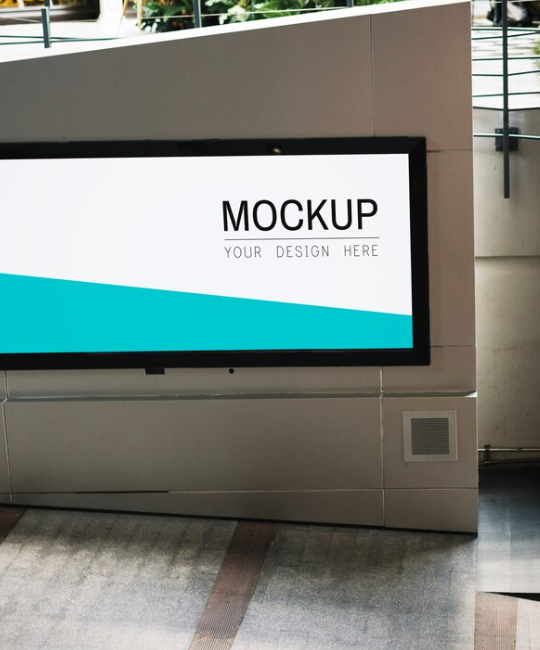
Growing up, Girish Navani met a lot of hardworking people, and two among them were his parents. His father was an engineer who built bridges and encouraged him to build something that would outstand the test of time. That idea – to create something long-lasting that can be used by the masses – stayed with Girish as he grew older.
Through his travels, he made attaining this legacy his priority. After grad school, Girish set out to create his own version of his father’s long lasting bridge. After working several odd jobs developing software, he created a credit check software for an acquaintance’s business.
This software made his friend a lot of money, which prompted Narvani to ask for a share of the profit, because let’s face it, he deserved it. After all, he had developed a very successful tool used by the company in order to increase profits.
The response surprised him, but stayed with him to this day. His acquaintance told him, “If you build one thing you strongly like, make sure you don’t sell it.” After twenty years, this response remains paramount in his mind. For that reason, his current company, eClinicalWorks, will remain a privately-held company.
He has no desire to sell eClinicalWorks now or ever. In addition, his company won’t need investor cash or spend any amount it doesn’t have. The current trend among many new companies and emerging brands today is to acquire mergers, acquisitions and dissolutions.
For young entrepreneurs, especially in the healthcare industry, his advice is to stay focused and think carefully on the direction they wish to take. While tempting offers and opportunities to make a quick buck may come their way, he strongly urges them to remember the startup mission. They should examine if selling would be the best move for their brand and their customers.
According to Girish Navani, there are three questions startups should think about:
1. How long should the company last?
He had always envisioned that eClinicalWorks would long outlast him. Selling eClinicalWorks means it will potentially change names and lose the founding ideas and principles that it was built on. When a company is bought, it’s a certainty that there will be massive change to the vision, brand and culture.
The bridge that he dreamt about and had worked so hard to create would not be there for future generations. If the goal is to horizontally include more ventures as the business grows, the question of longevity and brand should be reflected on even more so.
2. How important is independence?
Giving up the company means letting go of the independence as a company leader when it comes to critical business decisions and maintaining work-life balance. New stakeholders and their allies may not appreciate the unique decision-making processes that were used in the early growth stages of the company. They may even find the work schedules of the founding team unusual.
3. What is the company’s mission?
Creating a mission statement defines an organization and provides guidance as new employees, trends, and goals emerge. When establishing a company, think about the business plan and the desired objective for the company to target. For example, the goal of eClinicalWorks is to provide ways for the healthcare system to be more efficient and effective in giving patient care.
Going public would give investors a say in company operations and directly impact decisions on how the company conducts business. A public company should always include into the decision-making process the desires, objectives and wishes of investors and Wall Street.
Navani reminds young entrepreneurs to always remember the startup mission. While it is perfectly acceptable to start a company with an exit strategy to sell, it is seldom the best thing for the brand and its customers when building a legacy.







